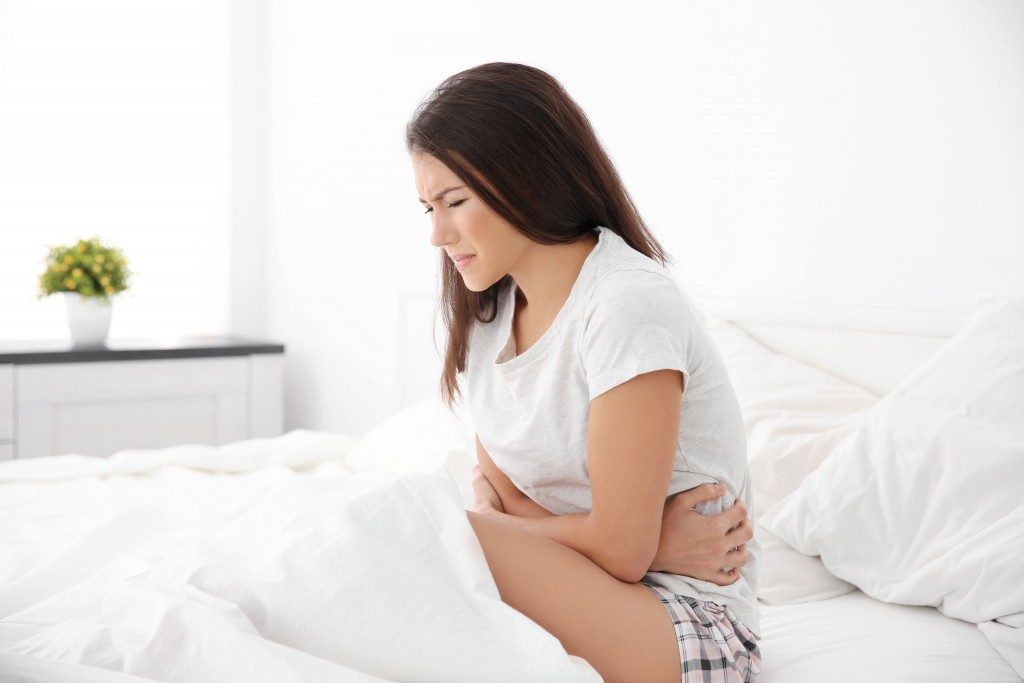Optimized and updated IBD treatment in Sandy has made a huge difference in many lives. Yet, Crohn’s disease and ulcerative colitis remain a huge health concern among thousands of Americans.
The need for a definitive treatment approach
When the immune system goes haywire, traditional therapies may not be adequate. The combined effects of diarrhea, bloating and inflammation result in discomfort and disruption of daily routine. While remission allows for a chance at normalcy, irritable bowel disease still needs a powerful and definitive treatment protocol as an answer to patients’ repeated cries for respite.
Probiotics: A hot topic
Healing the gut with beneficial gut bacteria is an essential component of standard IBD therapies and for good reason. The value of health-boosting gut flora increases as research studies provide support for their role in improving the immune system.
The purpose of probiotic therapy in irritable bowel syndrome is to facilitate a return to the gut’s full and optimal operation. The disruption and chaos brought about by gut inflammation could be counteracted with medication. But to reverse inflammation and promote a healthy intestinal environment, gut flora must be in full bloom, so to speak.
How else do you boost probiotics for gut healing? Feed them with prebiotics, which are non-digestible fibers naturally found in food. These are the fuel that sustains good bacteria. On the shortlist of essential probiotics are garlic, banana, and onion.
Say a final farewell to processed foods
Even in remission, you must consider preventive methods to lower the chance of another inflammatory episode. Processed foods can do you harm in general. Specifically, they can make you bloated and disrupt gut flora balance.
As much as 40% of gut bacteria are wiped off if your diet consists mainly of processed foods. Therefore, avoid foods containing a huge amount of fillers and preservatives.
Proper nutrition for a healthier gut

Fibrous foods and anti-inflammatory foods have good long-term effects. For overall gut health, you must consider following a specific diet. To decrease the frequency of a flare-up, persons who have ulcerative colitis should avoid concentrated sweets, alcohol consumption, fresh fruits and caffeinated beverages.
The ideal diet should include food rich in omega-3 fatty acids, particularly from saltwater fishes. More frequent but smaller meals are highly recommended as well. To reduce flare-up in Chron’s disease, a diet that is low in fat is ideal.
Sufferers must avoid nuts, beans, kernels, fresh fruits and lactose-rich foods. Similarly, small and frequent meals should be the order of the day. Moreover, sufferers should ensure they have good nutritional intake and take supplements of necessary vitamins and minerals when necessary.
The key to treatment of irritable bowel syndrome is to reduce the inflammation. An inflamed gastrointestinal tract is an exhausted one. If you want to foster healing, give it a break to process food. Let a number of hours pass before the next meal.
Yet, before you take matters into your own hands, you might end up worse than where you started. Ask your doctor for advice on meal intervals and how you can promote rest so that the gut will have time to heal.
